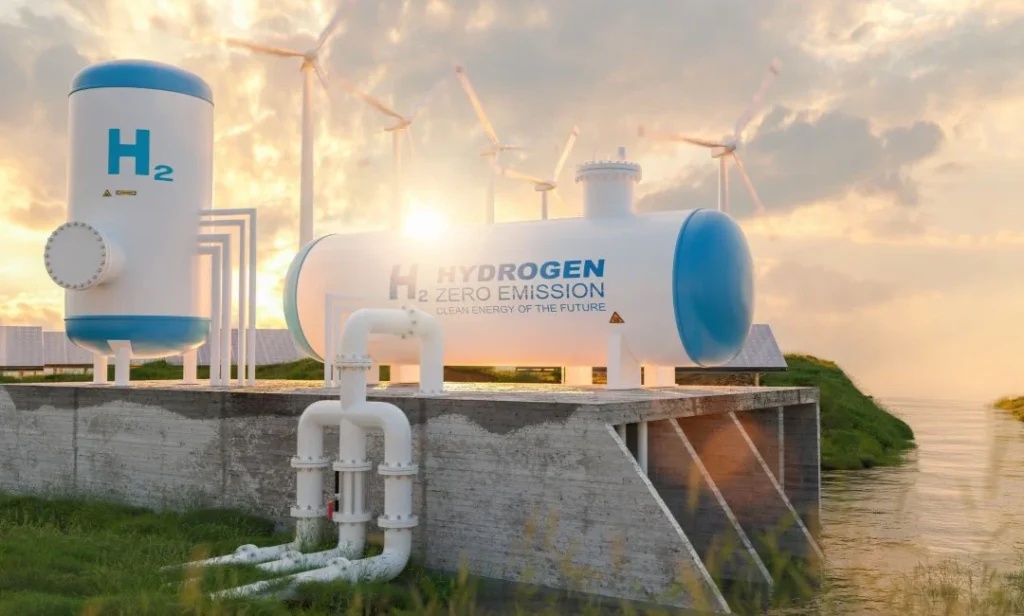In the ever-evolving landscape of renewable energy, hydrogen has emerged as a promising alternative to traditional fossil fuels. As the world seeks cleaner and more sustainable energy sources, hydrogen plant manufacturers play a pivotal role in driving this transition. Let's delve into the intricate world of hydrogen plant technology, uncovering the innovations and advancements that are shaping the future of energy production.
The Promise of Hydrogen
Hydrogen, often hailed as the "fuel of the future," offers a multitude of benefits that make it an attractive option for energy production. It is abundant, versatile, and emits only water vapor when burned, making it a clean and environmentally friendly fuel. Furthermore, hydrogen can be produced through various methods, including electrolysis of water, reforming of natural gas, and biomass gasification.
The Role of Hydrogen Plant Manufacturers
Hydrogen plant manufacturers are at the forefront of developing cutting-edge technologies to produce hydrogen efficiently and sustainably. These companies specialize in designing, constructing, and operating facilities that utilize different methods to generate hydrogen.
Advance Biofuel: Pioneering Sustainable Solutions
Among the key players in the field of hydrogen plant manufacturing is Advance Biofuel, a renowned company dedicated to advancing sustainable energy solutions. With a focus on innovation and environmental stewardship, Advance Biofuel has established itself as a leader in the development of hydrogen production technologies.
Innovations in Hydrogen Production
One of the most significant advancements in hydrogen production is electrolysis, a process that uses electricity to split water molecules into hydrogen and oxygen. This method, particularly when powered by renewable energy sources such as solar or wind, offers a carbon-neutral way of producing hydrogen.
Electrolysis Technology
At the heart of electrolysis-based hydrogen production lies advanced electrolysis technology. Through the application of high-tech materials and efficient designs, manufacturers like Advance Biofuel have optimized electrolyzers to achieve higher efficiency and lower costs. These electrolyzers come in various configurations, including alkaline, polymer electrolyte membrane (PEM), and solid oxide electrolysis cells (SOEC), each offering distinct advantages depending on the application.
Reforming and Gasification Processes
In addition to electrolysis, hydrogen can also be produced through reforming of natural gas or biomass gasification. Reforming processes, such as steam methane reforming (SMR) or autothermal reforming (ATR), involve reacting hydrocarbons with steam to produce hydrogen. On the other hand, biomass gasification converts organic materials into synthesis gas, which can then be separated into hydrogen and carbon dioxide.
The Future of Hydrogen
As governments and industries around the world commit to reducing carbon emissions and combating climate change, the demand for clean energy solutions like hydrogen continues to grow. Hydrogen plant manufacturers are poised to play a crucial role in meeting this demand by scaling up production and driving down costs through technological innovations.
Conclusion
The technology of hydrogen plant manufacturers represents a beacon of hope in the transition towards a more sustainable energy future. With companies like Advance Biofuel leading the way, the promise of hydrogen as a clean, renewable fuel is closer than ever to becoming a widespread reality. By harnessing the power of innovation and collaboration, we can pave the way for a greener, more prosperous tomorrow.


No comments yet